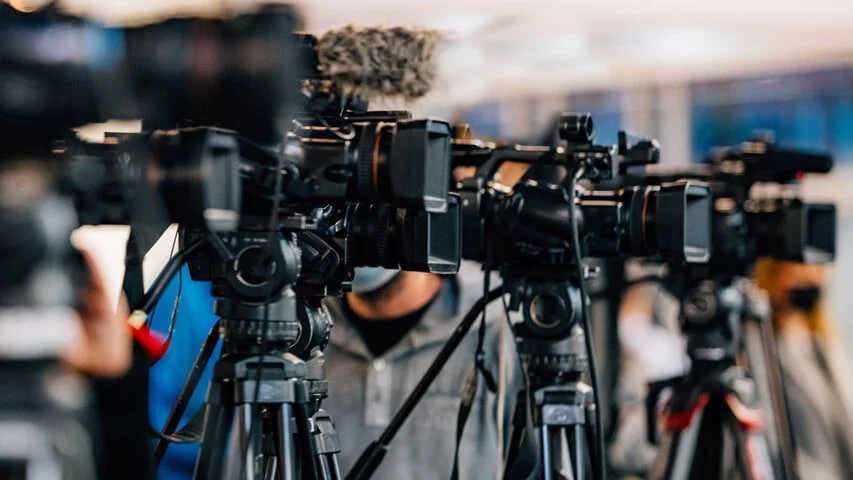Every athlete, no matter how skilled or experienced, faces defeat. Loss is inevitable in sports. It stings, it hurts, and it can shake even the most confident competitors. But what sets champions apart isn’t that they never lose — it’s that they know how to recover, rebuild, and rise again.
Let’s explore the art of recovery in sports: the mindset, methods, and moments that help athletes come back stronger after a tough loss.
Why Loss Hurts — and Why That’s Okay
Losing affects more than just the scoreboard. It can impact:
Self-esteem
Motivation
Team morale
Public image (especially at higher levels)
But here’s the truth: Loss isn’t failure. It’s feedback.
Top athletes use every setback as a learning opportunity. Instead of asking “Why did I lose?”, they ask:
👉 “What can I learn from this?”
1. Step One: Feel It, Don’t Fight It
It’s normal to feel disappointed, frustrated, or even angry after a loss. Denying these emotions or bottling them up leads to burnout.
🎯 What Elite Athletes Do:
Take time to feel the loss.
Talk to a coach, friend, or teammate.
Avoid self-blame or harsh inner talk.
🧠 Example: After losing the 2016 NBA Finals, LeBron James allowed himself space to process the pain before using it as fuel for the next season.
💡 Try This: Journal your emotions after a loss. Write what happened, how it made you feel, and what you'd do differently.
2. Reflect, Don’t Ruminate
There’s a difference between reflection and rumination.
Reflection helps you grow.
Rumination traps you in guilt and overthinking.
✅ Ask yourself:
What went wrong technically or tactically?
What went well, even in defeat?
How did I prepare mentally, and how can I improve?
🧠 Pro Tip: Watch footage of your performance with your coach. Break it down objectively, not emotionally.
3. Control the Controllables
You can’t change the referee’s call, the weather, or your opponent’s strength. But you can control:
Your mindset
Your response
Your next move
Focusing on what you can control puts the power back in your hands.
🧠 Athlete Trick: After a loss, write a list with two columns:
“What I controlled” and “What I didn’t.”
Then commit to improving what’s in your control.
4. Rebuild Confidence with Small Wins
Loss can shake confidence. The best way to rebuild it is through intentional training and small victories.
🏋️♂️ Ideas:
Set short-term goals in practice.
Celebrate hitting a new PR (personal record).
Compete in smaller events to rebuild rhythm.
🧠 Example: Serena Williams, after a tough tournament loss, often takes time to refine her technique in private sessions before returning to big matches.
💡 Reminder: Confidence is like a muscle — rebuild it with consistent reps.
5. Talk to Someone Who Gets It
Loss feels lighter when it’s shared. Talking to mentors, coaches, teammates, or even sports psychologists can offer clarity, emotional support, and a fresh perspective.
👂 What to Look For:
Someone who listens, not just advises.
Someone who’s been through tough losses too.
Someone who reminds you of your strengths.
🧠 Tip: Don’t isolate after a loss. Connection heals faster than silence.
6. Reignite Your “Why”
After a loss, it’s easy to question your journey:
“Am I good enough?”
“Is this even worth it?”
“What’s the point?”
That’s when you must revisit your “why” — the reason you started, your love for the game, your long-term vision.
💬 Ask Yourself:
Why did I choose this sport?
What do I want to prove — to myself, not others?
Who am I playing for?
🧠 Pro Trick: Write your “why” on a card or keep it as your phone lock screen. Let it remind you during low points.
7. Learn from Legends Who Lost
Every top athlete has lost — sometimes in devastating ways.
🏅 Examples:
Michael Jordan was cut from his high school basketball team.
Simone Biles withdrew from Olympic events to prioritise mental health.
Lionel Messi lost multiple finals before lifting the World Cup.
They didn’t give up. They used failure as fuel.
💡 What You Can Do: Watch interviews or documentaries of athletes talking about their losses. Learn from their mindset shifts.
8. Get Back to Work — with Passion, Not Punishment
Sometimes athletes try to punish themselves after a loss by overtraining or self-criticism. That’s not recovery — that’s burnout.
🔥 Instead, return to training with intention and purpose.
Ask:
“What can I improve this week?”
“What specific skill needs sharpening?”
“How can I turn this loss into motivation?”
🧠 Bonus Tip: Add fun back into your workouts. Remember the joy of movement and the reason you play.
Final Thoughts: Loss Is Part of the Journey
A loss is not the end. Many athletes say their biggest breakthroughs came after their hardest defeats.
The art of recovery is not about forgetting the loss — it’s about transforming it into something powerful:
A lesson
A reset
A step forward
Your journey as an athlete will always include highs and lows. But if you can learn to bounce back with clarity, courage, and commitment, you'll come back stronger every time.
What’s Next?
👉 Read more about:
Your next victory starts with your mindset. Turn the page. Learn from the loss. And rise again.













Recent Comments
No comments yet.